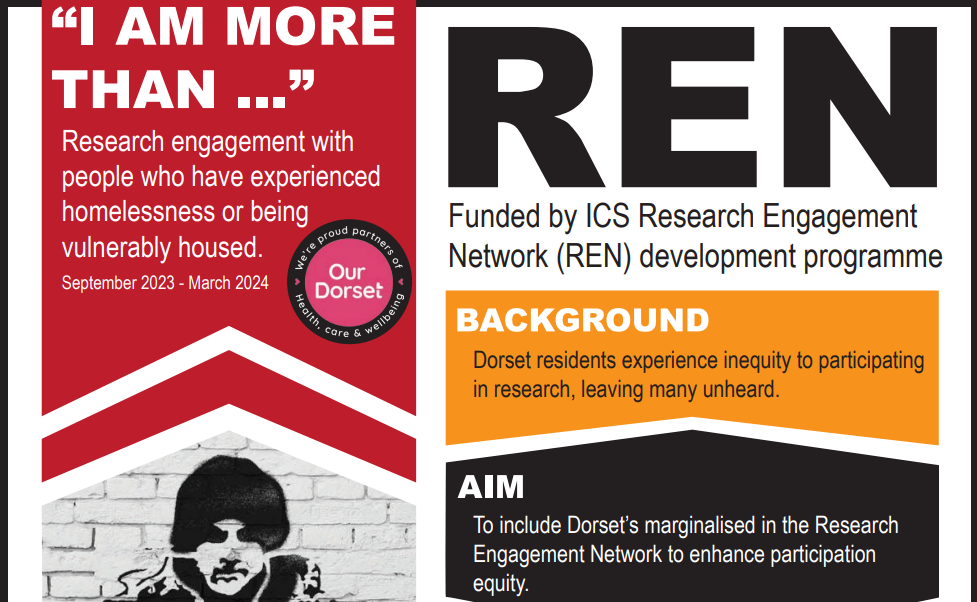At a glance
1:1 conversation
The Bournemouth University Public Involvement in Education and Research (BU PIER) Community Researcher Model has been developed by the Bournemouth University PIER Partnership. The approach ensures that lived experience expertise is at the heart of all stages of a project. It enables equitable, diverse, and inclusive involvement.
The model facilitates connecting and building relationships with community organisations, supporting the involvement of people who might otherwise have been unwilling to engage in organisation led research. It is an effective approach to capturing deep and rich lived experience from people who are currently under-served by health and social care research and is a way of working where everyone involved can learn and grow together.
The model is based on the principle that people most affected by health and social care research are often the least involved in shaping and informing it. The BU PIER Community Researcher Model ‘flips’ this, addressing health and social inequalities by building capacity and expertise within communities, supporting the community to address and identify their own solutions to local needs.
For each project the approach is co-designed with the community organisation, and community researchers, and often evolves over time.
About this approach
Community Researcher Model


